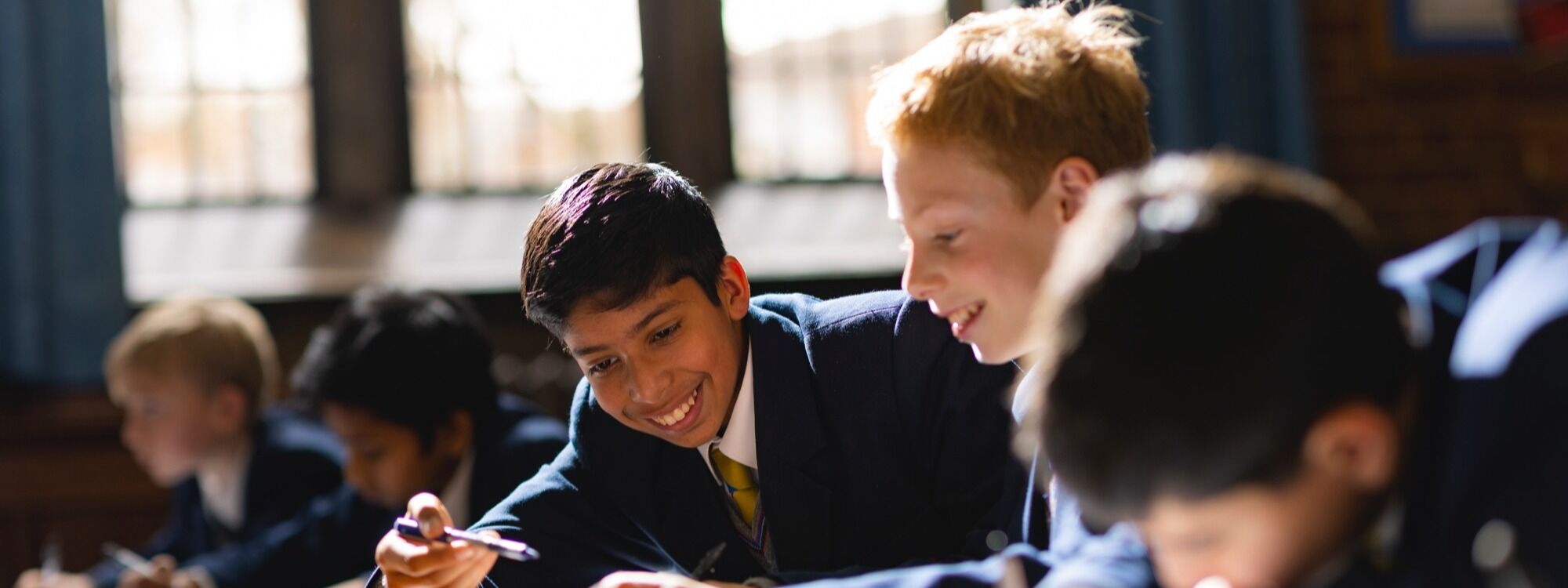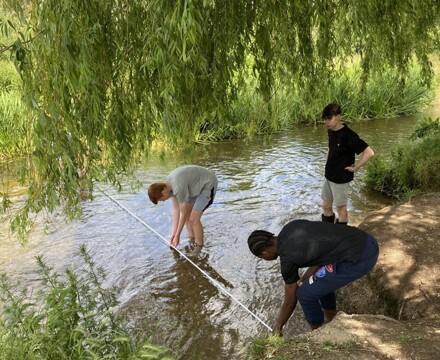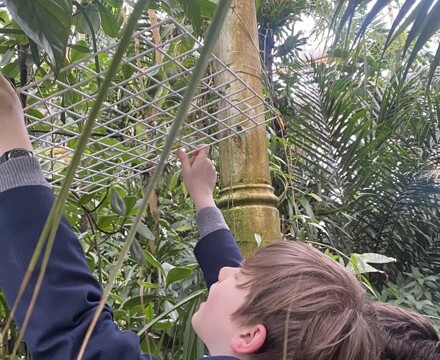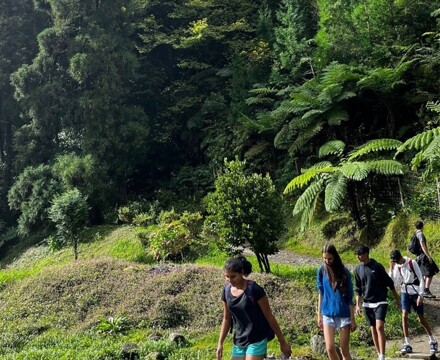
Geography
Through exploring the relationship between human beings and their physical environment, geography helps pupils to understand today’s world, and how we are shaping its future. As our societies become increasingly interconnected, and the challenges we face are more global, it is critical that young people develop a holistic understanding the world.
The Geography Department aims to encourage an understanding of natural landscapes, the processes that form them, the people that inhabit them, and the interactions between physical and human environments. We aim to achieve this by considering a wide range of topics across contrasting places. We encourage pupils to critically examine a wide range of social, political, economic, and environmental issues and develop their ability to make justified and well-reasoned decisions. With specialist staff located in specified teaching rooms, as well as outdoor learning environments, we are well placed to try to make sense of our increasingly complex world.
Geography is a subject that complements the study of both humanities and science subjects, and helps pupils to develop a wide range of employable attributes, including analytical, numerical, literacy, and ICT skills.
The Lower School (Years 7 and 8) and Third Form (Year 9) pupils explore a range of exciting topics, including the geography of conflict, extreme environments, weather, and climate change, as well as more traditional topics such as tropical rainforests, ice ages, glaciation, population, migration, and map skills.
In Middle School (Years 10 and 11), our IGCSE course covers a wide range of human, physical and economic topics, as well as geographical skills and investigative fieldwork skills, based around the considerable challenges faced by Earth’s inhabitants.
In Sixth Form topics are studied in greater depth at A Level, where an often more independent and enquiry-based learning approach is used and students explore the moral, cultural and political dimensions to problem solving and decision making.
Fieldwork is an integral part of the subject, with day trips for the Lower School and Middle School exploring local rivers and urban environments, and a residential trip to Devon for those studying A Level. Every two years, we take a group of Sixth Form students for an exploration tour, experiencing an awe-inspiring geographical location, such as the Azores or Iceland.


